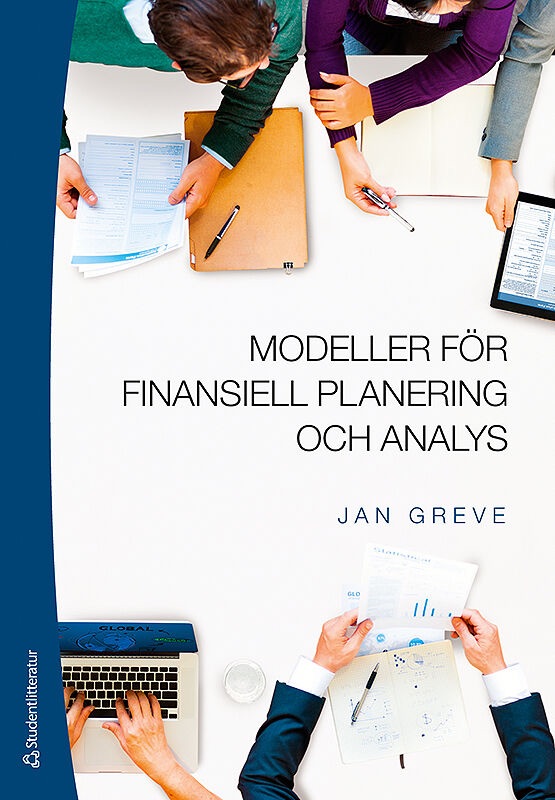The course provides knowledge about how the decision making process is managed in new started companies as well as in mature companies, where the infrastructure often is partly given.
Knowledge about Swedish capital and credit markets in perspective of how small and medium size companies usually choose options when financing their business.
Theory about how business culture, quality preferences, management philosophy together with actual business processes form and influence organizational structures.
Practical work with calculations of capital needs in the short-run as well as in the long run using cases from different companies in different branches. Practical work with creating alternative financial solutions for a small company or a specific project in a larger company, chosen by the student.
